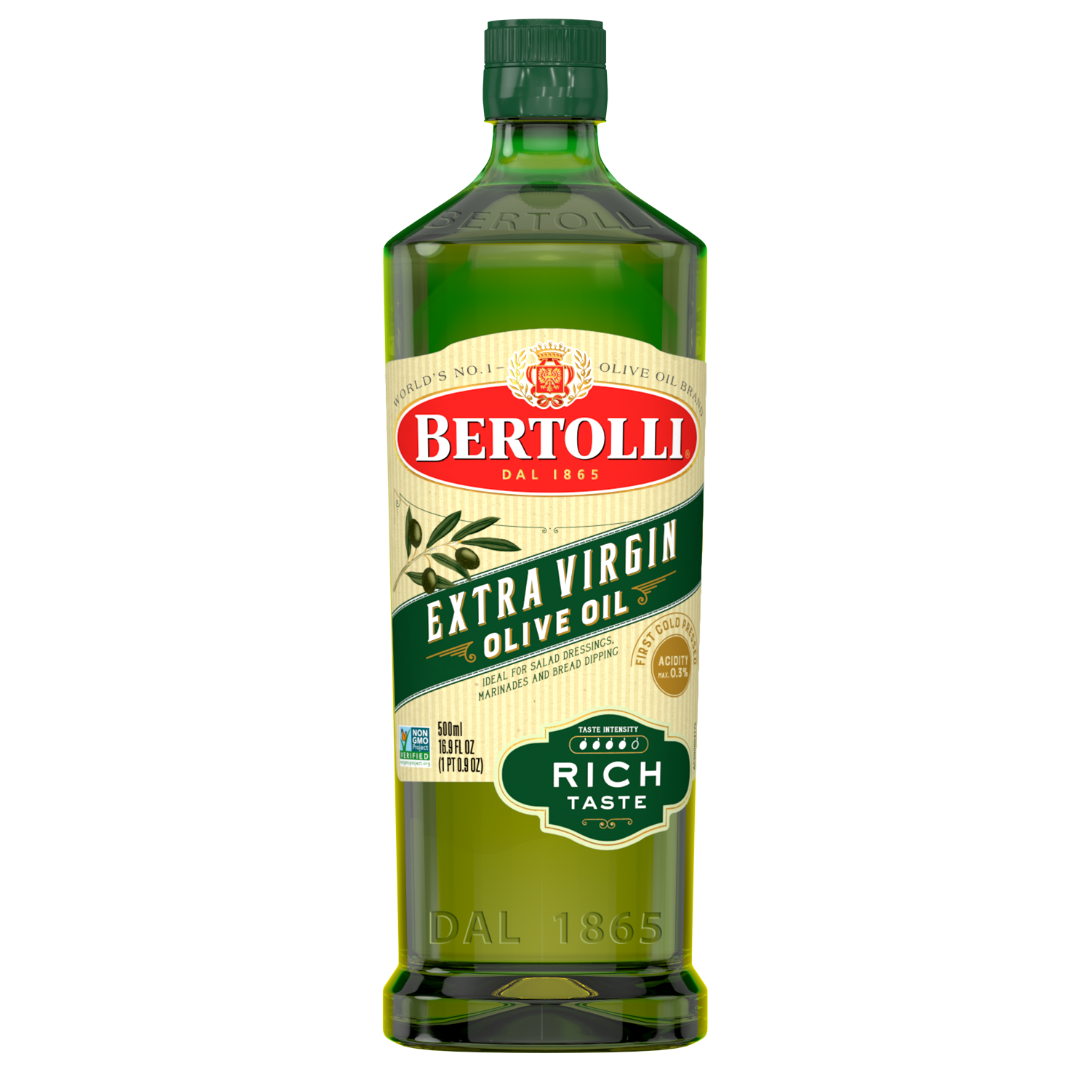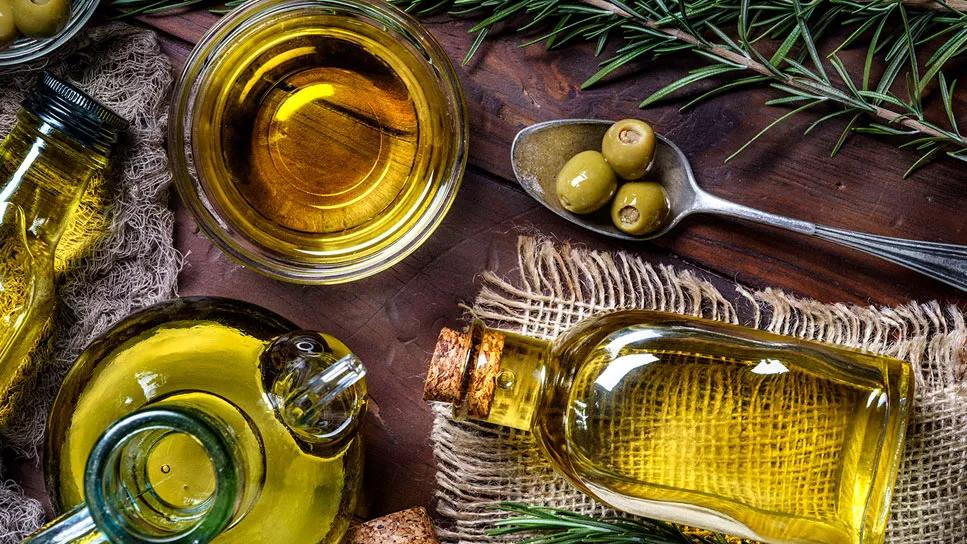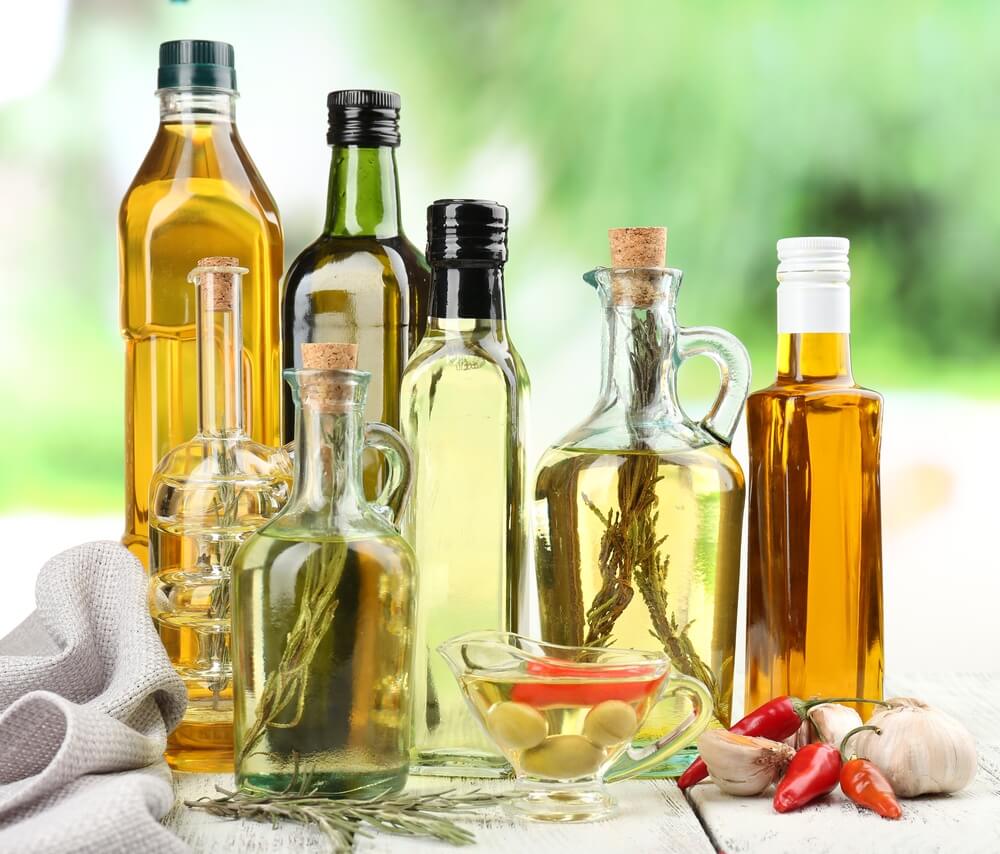Extra Virgin Olive Oil Benefits: How It Supports Healthy Cholesterol Levels
Extra Virgin Olive Oil Benefits: How It Supports Healthy Cholesterol Levels
Blog Article
Checking Out the Different Sorts Of Olive Oil and Their Usages, Including Extra Virgin Olive Oil
The expedition of olive oil includes a varied range of types, each offering distinctive flavors and cooking applications. Additional virgin olive oil, renowned for its superior high quality and wellness benefits, serves as a staple in several kitchens, yet it is only one element of this multifaceted component.
What Is Olive Oil?
Obtained from the fruit of the olive tree, olive oil is a staple in Mediterranean food and an essential active ingredient in numerous culinary applications. This versatile oil is generated by pressing whole olives, leading to a fluid that differs in shade, fragrance, and taste relying on the sort of olives used, the region of growing, and the removal procedure. Olive oil is mostly made up of monounsaturated fats, specifically oleic acid, which is recognized for its prospective health and wellness advantages, consisting of anti-inflammatory homes and cardio assistance.
In enhancement to its cooking usages, olive oil has a lengthy background of application in typical medication and skin care, owing to its rich antioxidant content (extra virgin olive oil benefits). The oil is typically utilized in dressings, marinates, and for cooking techniques such as sautéing and roasting. Its unique flavor account can improve the taste of different dishes, making it a vital component for both home cooks and expert cooks
Moreover, olive oil is celebrated for its role in the Mediterranean diet, which is connected with countless health advantages. As awareness of these advantages expands, olive oil proceeds to acquire popularity worldwide as a fundamental component of a healthy and balanced way of living.
Sorts Of Olive Oil
Understanding the numerous kinds of olive oil is necessary for both culinary fanatics and health-conscious consumers. Olive oil is identified primarily based upon its extraction approach and high quality, which significantly influences its wellness, aroma, and taste benefits.

Light olive oil, despite its name, refers to a lighter taste and not reduced calories. It is suitable for those seeking an extra subtle taste in dressings and marinades. In addition, there are flavorful olive oils infused with natural herbs, seasonings, or citrus, which can improve dishes without the demand for extra seasoning.
Each kind of olive oil offers specific culinary objectives, and comprehending these differences permits customers to make informed choices that straighten with their food preparation styles and wellness goals.
Bonus Virgin Olive Oil
Additional virgin olive oil (EVOO) is widely concerned as the finest quality olive oil offered, celebrated for its rich taste and many health advantages. To be identified as additional virgin, the oil has to be created from fresh olives making use of mechanical processes, without making use of solvents or excessive warmth. This meticulous technique preserves the oil's natural tastes, antioxidants, and healthy and balanced fats, resulting in an item with a low level of acidity level of less than 0.8%.
EVOO is bountiful in monounsaturated fats, particularly oleic acid, which is connected to reduced inflammation and improved heart health and wellness. It additionally includes polyphenols, effective anti-oxidants that may use safety impacts versus chronic illness. The taste account of EVOO can vary substantially relying on the olive variety and area of production, ranging from fruity and verdant to durable and peppery.

Culinary Uses of Olive Oil

In food preparation, olive oil can be made use of for sautéing, toasting, and cooking, supplying a much healthier option to butter or various other fats. Its high smoke factor makes it ideal for numerous cooking techniques, while its antioxidants add to a heart-healthy diet. Drizzling olive oil over finished recipes, such as pasta, fish, or smoked veggies, can elevate flavors and add a touch of style.
In addition, olive oil plays a substantial duty in baking, where it can replace traditional fats in recipes for bread and pastries, presenting dampness and a subtle taste. It additionally acts as a base for infused oils, allowing cooks to experiment with flavors such as garlic, natural herbs, or chili, additionally expanding its cooking possibility. In general, olive oil's flexibility makes it indispensable in both home and specialist cooking areas.
Finding High Quality Olive Oil
When selecting top quality olive oil, it's necessary to consider numerous crucial factors that affect the product's article health, taste, and aroma advantages. Choose for added virgin olive oil (EVOO), which is acquired from the first chilly pushing of olives and contains the greatest degrees of antioxidants and useful substances. Look for oils that are licensed by recognized organizations, as this often ensures adherence to rigid top quality standards.
The packaging likewise plays a substantial function in preserving the oil's integrity. Select oils kept in dark glass containers or tins to protect against light deterioration. Focus on the harvest day; fresher oils offer remarkable taste and dietary worth, so select products that are within 18 months of their harvest.
Additionally, think about the origin of the oil. Top notch olive oils often originate from details areas known for their distinct flavor profiles, such as Italian, Spanish, or Greek oils. Finally, recognize the taste; a high quality olive oil need to have an equilibrium of fruity, bitter, and sharp notes, showing its splendor and intricacy. By assessing these elements, you can ensure you are picking the ideal olive oil for your cooking requirements.
Final Thought
In summary, the expedition of numerous kinds of olive oil exposes distinctive characteristics and applications, with additional virgin olive oil standing for the peak of top quality due to its reduced acidity and high antioxidant content. Its adaptability in culinary uses enhances flavors in dressings, marinates, and showers. Comprehending the various varieties of olive oil permits for notified selections in food preparation techniques, advertising healthier methods while improving the general gastronomic experience. Quality choice stays essential for ideal benefits.
Obtained from the fruit of the olive tree, olive oil is a staple in Mediterranean food and an essential ingredient in different cooking applications.The most common types of olive oil include refined olive oil, pure olive oil, and light olive oil.Bonus virgin olive oil (EVOO) is widely regarded as the highest top quality olive oil available, well known for its rich flavor and various health advantages. Choose for extra virgin olive oil (EVOO), which is derived from the first cold pushing of olives and has the greatest degrees of antioxidants and beneficial substances.In summary, the exploration of various kinds of olive oil reveals distinctive features and applications, with added virgin olive oil representing the peak of quality due my sources to its low level of acidity and high antioxidant web content.
Report this page